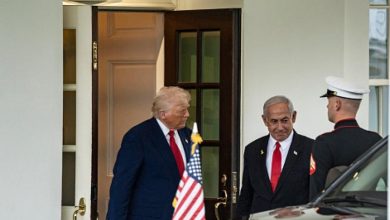In a detailed analysis, the British Broadcasting Corporation (BBC) delves into the subtle power dynamics between two of the Middle East’s most influential leaders: Mohammed bin Zayed of the UAE and Mohammed bin Salman of Saudi Arabia. As the two nations jostle for regional dominance, the BBC suggests that Riyadh might be gaining an upper hand over Abu Dhabi.
Bin Salman, with his strategic alliances with global powerhouses like China, Russia, and India, seems to be consolidating his position on the world stage. The Saudi Crown Prince’s diplomatic maneuvers have not only restored the kingdom’s ties with the West but have also reduced its reliance on the UAE as a diplomatic gateway.
A glaring indication of the growing chasm between the two leaders was Saudi Arabia’s conspicuous absence from the Abu Dhabi summit earlier this year. Conversely, bin Zayed’s absence from the Arab summit in Jeddah further accentuated the rift.
While speculations are rife about a potential media or political war reminiscent of the Qatar blockade, the BBC opines that such a confrontation is unlikely. The geopolitical stakes are too high, and the U.S., a staunch ally to both nations, would likely intervene to prevent any escalation.
Drawing from various international publications, the BBC paints a picture of a relationship that has transitioned from camaraderie to coldness. The Wall Street Journal’s revelation about the six-month communication hiatus between the two leaders and bin Salman’s veiled threats against the UAE underscore the tensions.
As the Middle East grapples with its ever-evolving power dynamics, the BBC’s analysis leaves readers pondering: Is this rift purely political, or is there a personal element to the bin Zayed and bin Salman divide?




